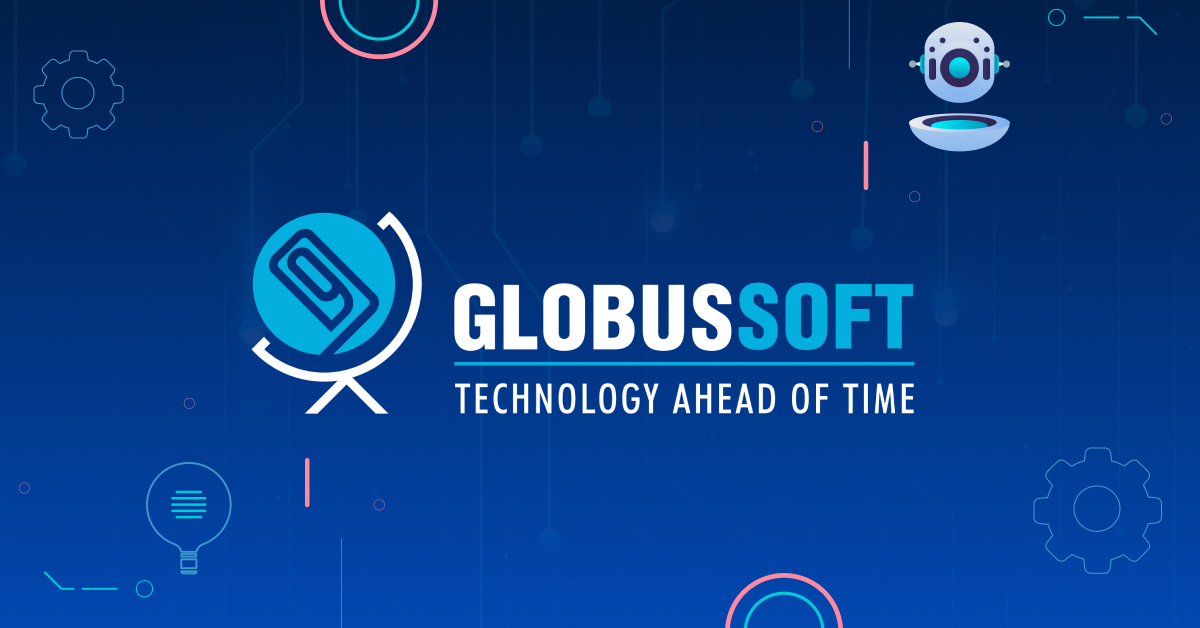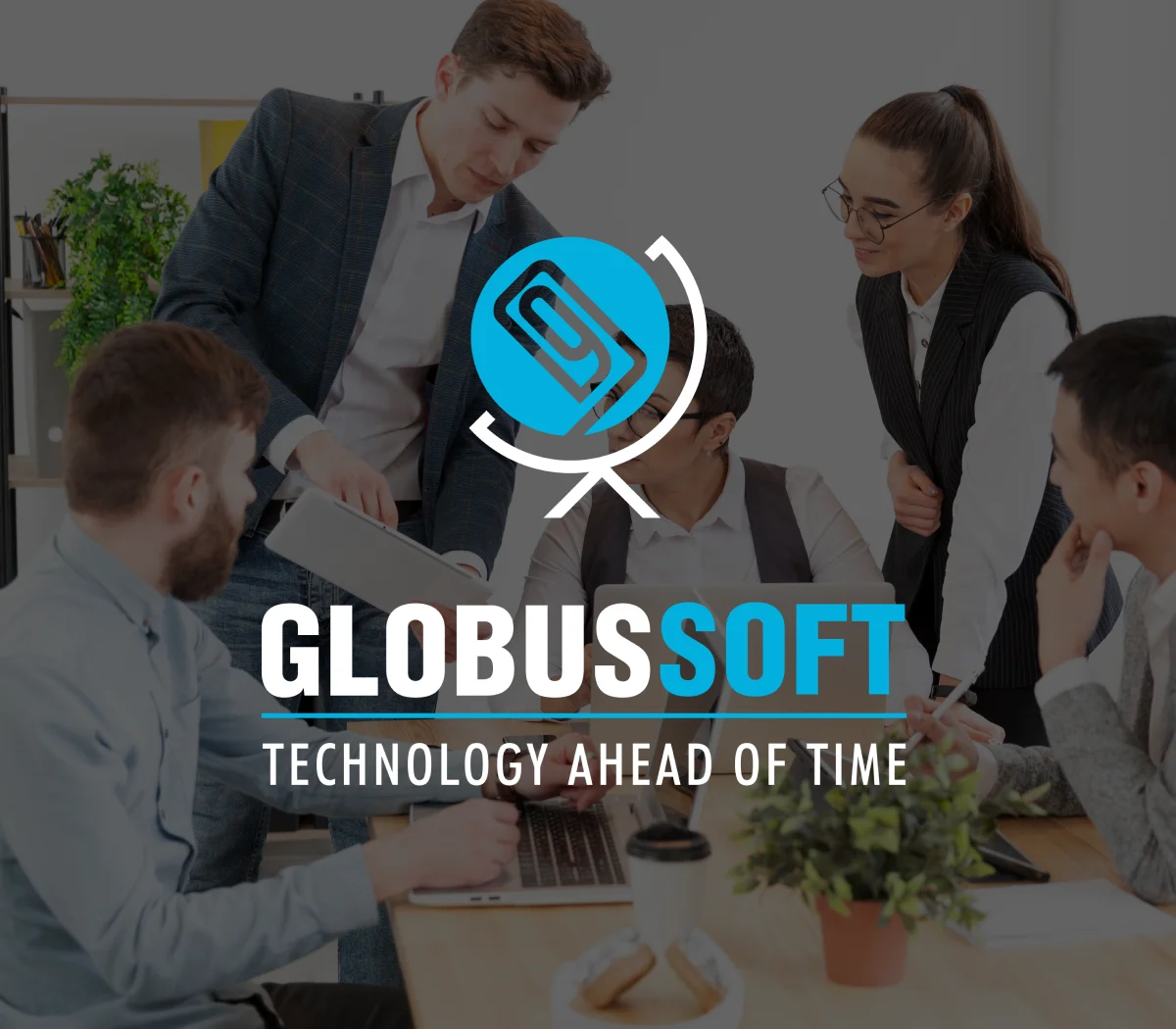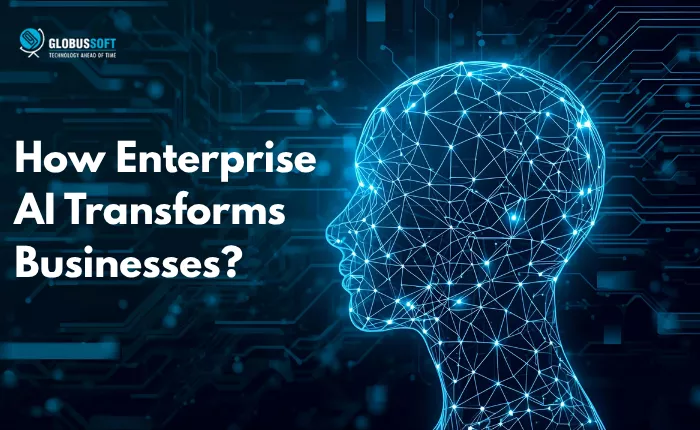
Artificial intelligence has quietly evolved from an experimental technology into a core part of modern business infrastructure. Yet, beyond chatbots and automation tools lies a deeper transformation—one that’s reshaping how entire organizations function. This transformation is driven by enterprise AI, a system designed to bring intelligence, efficiency, and scalability into the heart of business operations.
Companies across industries are realizing that data alone isn’t enough. To make smarter decisions, they need intelligence that learns, adapts, and acts in real time. That’s where enterprise AI becomes a game-changer—helping organizations turn complex information into practical outcomes that drive measurable growth.
You can Also Listen to our Blog here,
What Is Enterprise AI?
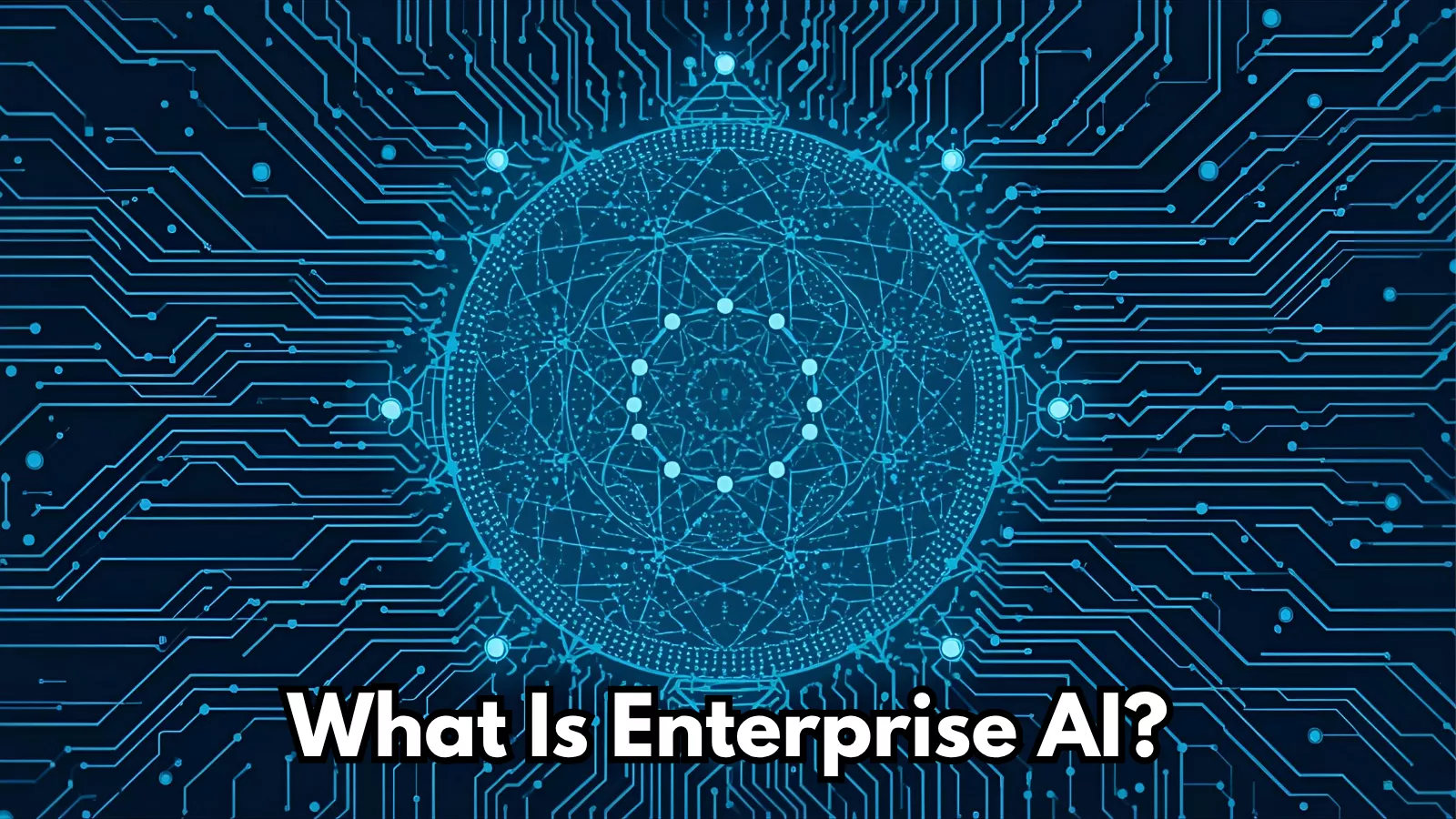 To understand its true potential, it’s essential to know what enterprise AI really means. It’s not just about automating a few tasks or using predictive analytics. It represents a comprehensive integration of artificial intelligence within an organization’s structure, where AI systems continually assist teams, enhance processes, and optimize strategies.
To understand its true potential, it’s essential to know what enterprise AI really means. It’s not just about automating a few tasks or using predictive analytics. It represents a comprehensive integration of artificial intelligence within an organization’s structure, where AI systems continually assist teams, enhance processes, and optimize strategies.
Unlike consumer-focused AI tools, enterprise AI operates at scale. It manages massive datasets, ensures data security, and collaborates across different business units to maintain consistency. From analyzing supply chains to personalizing customer experiences, this level of intelligence makes businesses more resilient and responsive.
The technology behind it—machine learning, deep learning, and natural language processing—allows businesses to adapt faster, predict outcomes, and minimize inefficiencies. As organizations grow more complex, this interconnected form of AI becomes less of a luxury and more of a necessity.
Why Businesses Need Enterprise AI?
Modern organizations face challenges that exceed the capabilities of traditional systems. The volume of data generated daily is overwhelming, and decision-making often depends on patterns that humans can’t easily identify. That’s why enterprise AI stands at the center of business transformation.
By embedding intelligence into operations, companies can forecast demand, detect risks before they occur, and provide customers with personalized experiences at scale. It bridges the gap between human insight and digital precision.
From a leadership standpoint, adopting enterprise AI allows executives to make informed, data-driven choices. Teams benefit from streamlined workflows, and customers experience faster, smarter, and more reliable services. The result? Better performance, reduced costs, and a stronger competitive edge.
In the next section, we’ll explore how these benefits come to life through real-world applications.
Applications Across Industries
 The reach of enterprise AI extends far beyond any single department or sector. In finance, it detects fraudulent transactions and predicts market movements. In healthcare, it assists in diagnosing diseases and optimizing patient care. Retailers use it to anticipate demand and personalize product recommendations, while manufacturers rely on it to reduce downtime and improve quality control.
The reach of enterprise AI extends far beyond any single department or sector. In finance, it detects fraudulent transactions and predicts market movements. In healthcare, it assists in diagnosing diseases and optimizing patient care. Retailers use it to anticipate demand and personalize product recommendations, while manufacturers rely on it to reduce downtime and improve quality control.
Even in marketing, AI systems now analyze consumer sentiment and behavior, shaping campaigns that resonate on a personal level. This evolution of AI for enterprises is helping organizations move from reactive strategies to predictive and proactive decision-making.
Every successful application shares one trait: adaptability. Enterprise AI systems continue learning, evolving alongside business needs and ensuring that organizations stay agile in changing markets.
Yet, as transformative as it is, implementing such technology is not without its challenges.
Challenges In Implementation
Deploying enterprise AI requires more than just investment—it demands vision and commitment. One of the biggest challenges lies in data management. Many organizations struggle with fragmented data spread across various systems. Without integration, AI can’t function effectively.
Another hurdle is the lack of skilled professionals who can design, maintain, and interpret AI systems. Ethical concerns such as algorithmic bias, transparency, and data privacy also require thoughtful governance.
Organizations must therefore build an ecosystem that supports responsible AI usage—ensuring fairness, accountability, and inclusivity. However, with the right guidance and tools, these challenges can turn into opportunities for innovation. That’s where having a reliable technology partner makes a difference.
Also Read,
What is the Importance of Artificial Intelligence in Everyday Life?
AI Studio – Transforming Creative Workflows With Intelligence
Globussoft’s AI Studio is an advanced platform built to redefine how businesses create, manage, and optimize content. Designed for both marketers and creators, it brings together a suite of intelligent tools that automate repetitive tasks while enhancing creativity and precision.
With AI Studio, teams can produce high-quality digital assets, from social media content to campaign visuals, in just a few clicks. Its smart algorithms analyze tone, format, and engagement data to generate content that fits brand identity and audience preferences.
Beyond creation, AI Studio supports real-time collaboration, allowing teams to brainstorm, edit, and finalize content within a unified workspace. Whether it’s crafting marketing copies, designing visuals, or experimenting with ad variations, AI Studio simplifies the process while maintaining creative depth.
By combining automation with adaptability, Globussoft AI Studio empowers businesses to move faster, communicate smarter, and deliver content that connects—making it an essential ally in the age of intelligent marketing.
Steps To Adopt Enterprise AI Successfully
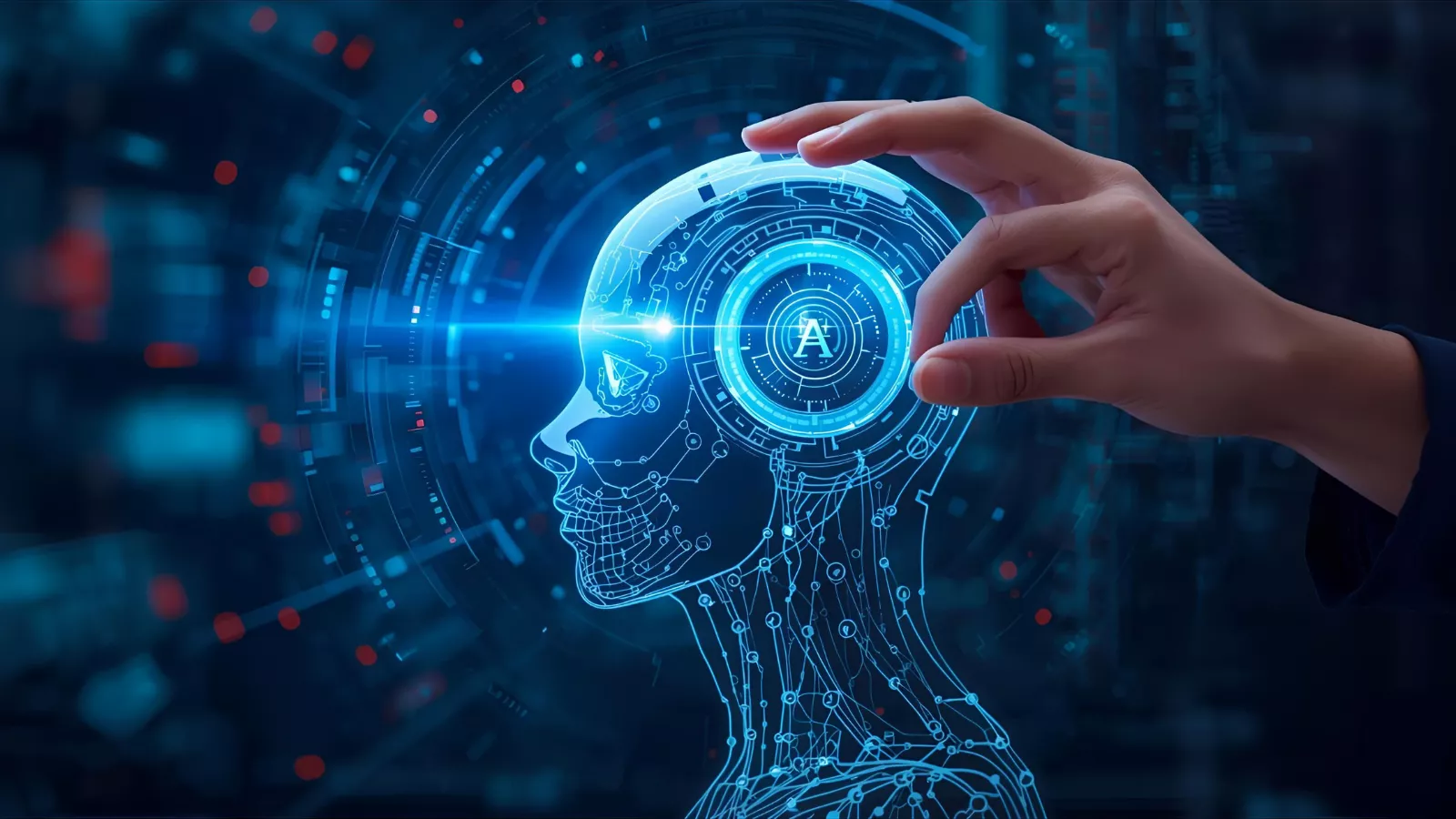 Adopting enterprise AI isn’t a single project—it’s a gradual transformation. The process begins with identifying the right goals. Organizations should start by defining what success looks like: reducing costs, improving efficiency, or enhancing customer satisfaction.
Adopting enterprise AI isn’t a single project—it’s a gradual transformation. The process begins with identifying the right goals. Organizations should start by defining what success looks like: reducing costs, improving efficiency, or enhancing customer satisfaction.
Once the goals are clear, the next step is ensuring data readiness. Reliable data is the foundation of effective AI. Businesses must also focus on upskilling teams, integrating AI into existing systems, and measuring outcomes continuously.
Working with experienced partners like Globussoft simplifies this transition, offering technical guidance and scalable tools to achieve long-term success. When approached strategically, AI adoption becomes not just a technological upgrade but a complete shift in how enterprises operate.
The Future Of AI In The Enterprise
As technology advances, AI in the enterprise is moving from basic automation to intelligent collaboration. Systems are learning to reason, adapt, and even create—supporting human workers rather than replacing them.
Future enterprises will rely on AI not just for analytics but for strategic innovation. Generative and autonomous systems will take over routine problem-solving, leaving humans to focus on creativity and relationship-building. As this integration deepens, companies that embrace AI early will find themselves better equipped to handle future market shifts.
Enterprise AI will become a silent partner—an invisible force behind every decision, design, and delivery process—guiding organizations toward smarter, more sustainable growth.
Conclusion
The evolution of enterprise AI is redefining how businesses think, act, and grow. From predictive analytics to intelligent automation, it touches every aspect of an organization, making operations more efficient and decisions more informed.
Yet, success depends not just on adopting technology but on implementing it strategically and responsibly. With visionary partners like Globussoft, enterprises can turn AI from a concept into a competitive advantage—driving meaningful results while preparing for the future of intelligent business.
The time has come for enterprises to look beyond traditional tools and embrace the intelligence shaping the next generation of success. Those who act now will lead tomorrow’s world with confidence, powered by the limitless possibilities of enterprise AI.
FAQs
- How is artificial intelligence different from traditional automation systems?
Unlike rule-based automation, artificial intelligence learns and adapts from data. It understands context, makes predictions, and improves over time, helping businesses respond to challenges more intelligently. - Can small and medium businesses also benefit from AI-driven solutions?
Absolutely. AI technologies are now more scalable and accessible. Even smaller companies can integrate tailored tools to improve efficiency, customer engagement, and decision-making without heavy infrastructure costs. - Do companies need to replace their existing systems to implement AI?
No. Most AI platforms are built to integrate with existing tools and processes. Businesses can start by automating specific functions and then expand gradually as they see measurable improvements. - How can organizations evaluate the success of AI adoption?
Success can be tracked through improved productivity, faster decision-making, reduced operational costs, and enhanced customer satisfaction. Over time, analytics dashboards can help measure long-term performance and value. - What steps can businesses take to ensure responsible AI use?
Companies should establish clear data governance, ensure algorithm transparency, and regularly audit systems for bias. Prioritizing ethical standards helps build trust and encourages sustainable adoption of intelligent technologies.

